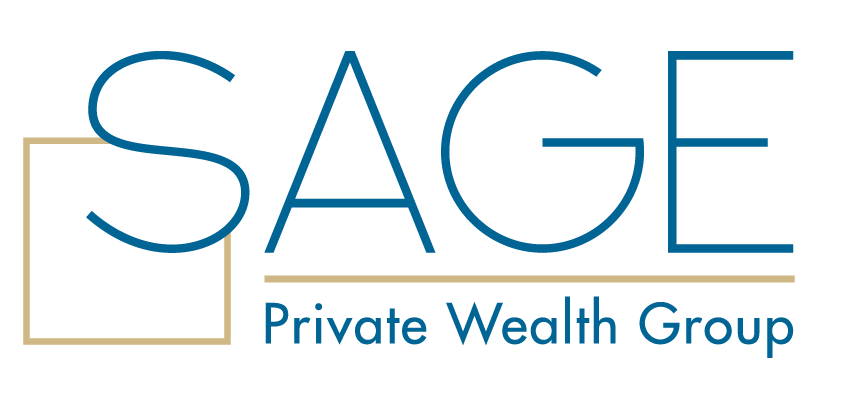
Navigating the complexities of small business dynamics involves considering the financial well-being of children engaged in family enterprises. Among the array of options, integrating a Roth Individual Retirement Account (IRA) into their compensation structure stands out as a prudent choice, offering mutual benefits for both the young contributors and the business at large.
Small businesses play a significant role in the labor market, employing 61.7 million Americans, which makes up 46.4 percent of all private-sector employees. Since 1995, small businesses have generated 17.3 million net new jobs, accounting for 62.7 percent of all jobs created in that period.1
Understanding the Power of Roth IRA
A Roth IRA provides tax advantages in investment activities, allowing individuals to invest after-tax income. Unlike traditional IRAs, contributions to a Roth IRA are not tax-deductible. Roth IRAs offer tax-free growth potential and tax-free withdrawals during retirement, making them appealing for long-term financial planning.
Contributions to Roth IRAs are phased out for taxpayers with adjusted gross incomes (AGIs) above a certain threshold. For tax-free and penalty-free withdrawals of earnings, Roth IRA distributions must meet a five-year holding requirement and occur after the age of 59½. Exceptions exist for specific circumstances, such as the owner’s death. Additionally, the original Roth IRA owner is not obligated to take minimum annual withdrawals.
Harnessing Roth IRA for Compensation Enhancement
To contribute to a Roth IRA, the employed family member must have earned income. This requirement presents a unique opportunity for small business owners to involve their children in the workforce and compensate them accordingly. The advantage lies in the child’s likely placement within a low tax bracket, resulting in lower upfront tax burdens.
Building Financial Stability
Roth IRA funds can be used for various purposes before the age of 59½, including purchasing a first home, funding education, and covering medical expenses. Regular contributions from an early age can accumulate into a substantial account. For instance, a child working from age 8 to 16, with contributions to a Roth IRA from the small business, can accumulate significant savings by adulthood, suitable for milestones like homeownership or college education.
Promoting Financial Literacy and Success
Though initial contributions may appear modest, the lasting benefits of including a Roth IRA in a child’s compensation package are profound. It establishes a solid financial foundation and imparts crucial lessons on saving, investing, and preparing for the future. With the guidance of financial professionals, parents can navigate their children through financial maturity as they transition into adulthood.
Preparing for the Next Generation
The conversation around managing financial legacies for the next generation has gained momentum. As businesses and families plan their financial futures, strategies like integrating Roth IRAs into compensation packages are gaining popularity. Collaboration with financial experts empowers families to navigate wealth management complexities. For small business owners, incorporating Roth IRAs into their children’s compensation packages could lead to significant financial benefits. With the potential for tax-free growth and diverse uses, this approach promises multiple advantages and potentially enhanced financial success.
Your Wealth Advisor can help you navigate complexities to build a lasting legacy for generations to come.
1. Advocacy.sba.gov SAGE Private Wealth Group is registered as an investment adviser with the SEC and only conducts business in states where it is properly registered or is excluded from registration requirements. Registration is not an endorsement of the firm by securities regulators and does not mean the adviser has achieved a specific level of skill or ability. The information presented is believed to be accurate, but its accuracy, completeness or reliability cannot be guaranteed. It should not be viewed as personalized investment advice. All expressions of opinion reflect the judgment of the authors on the date of publication and may change in response to market conditions. You should consult with a professional adviser before implementing any investment strategies. Content should not be viewed as an offer to buy or sell any of the securities mentioned, or as legal or tax advice. You should always consult an attorney or tax professional regarding your specific legal or tax situation.





